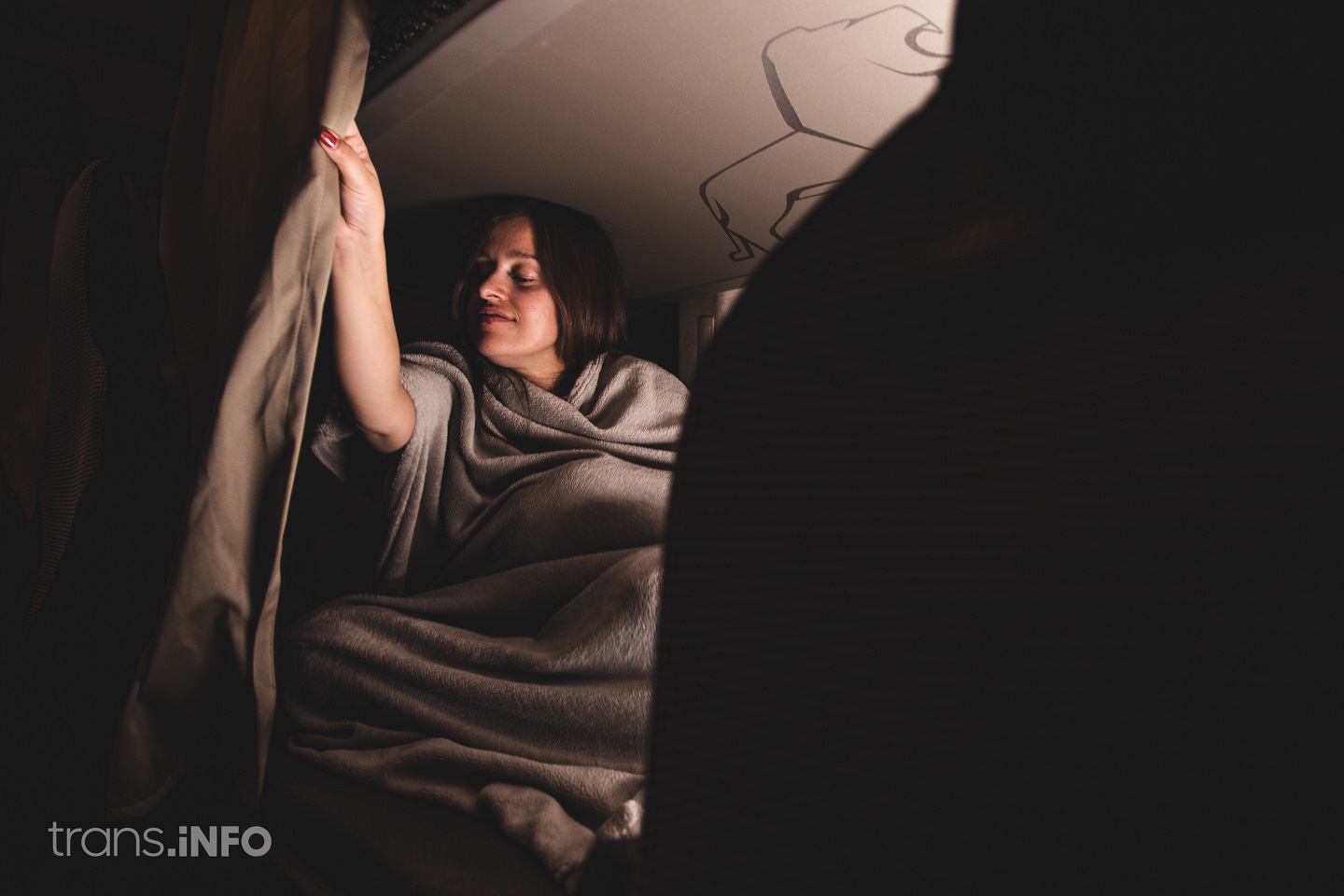The European Commission have confirmed that lorry drivers need not provide any evidence that they have observed their mandatory rest periods outwith their cabins.
The commission clarified the matter yesterday in a Q&A article covering a number of areas, including ferry rules, border crossings and driver returns.
One of the questions put the commission reads as follows:
What evidence should a driver present to a controller to prove that he/she has not spent the regular weekly rest in the truck but in a suitable accommodation?
The commission then gave the following response:
Article 34(3) of Regulation (EU) No 165/2014 specifies that Member States shall not impose on drivers a requirement to present any forms attesting for drivers’ activities away from the vehicle. This covers also a situation of taking a regular weekly rest outside the vehicle. Thus, enforcers cannot require from drivers documents proving that their regular weekly rest preceding the roadside inspection was not spent in the vehicle. Drivers or employers can only be fined for non-compliance with the prohibition of taking the regular weekly rest (or rest of more than 45 hours taken in compensation) in the vehicle when they/their drivers are caught having a regular weekly rest inside the vehicle at the time of the control.
Therefore, as you can see, only drivers caught in the act of observing their rest period in the cabin can be fined.
The commission where also asked a question regarding accommodation for drivers:
What constitutes suitable gender-friendly accommodation to take the regular weekly rest periods?
The commission then answered by saying although there is no specific definition or criteria defining what is „suitable”, the accommodation must offer ” adequate sleeping facilities and sanitary facilities.”
The legislation clarifies that regular weekly rests of at least 45 hours must be taken in suitable gender-friendly accommodation with adequate sleeping and sanitary facilities, they cannot be taken in the cabin of the vehicle. There is no definition nor a list of criteria to define the notion of suitable accommodation in the legislation and it is important to leave flexibility on the type of accommodation that drivers may use. However, Article 8(8) clearly requires that the accommodation offers adequate sleeping facilities and sanitary facilities. The facilities should leave enough privacy for each individual. Several types of accommodation may fulfil those criteria, for instance, a hotel, motel rental apartment or a private home.
Photo credit: Trans.INFO



